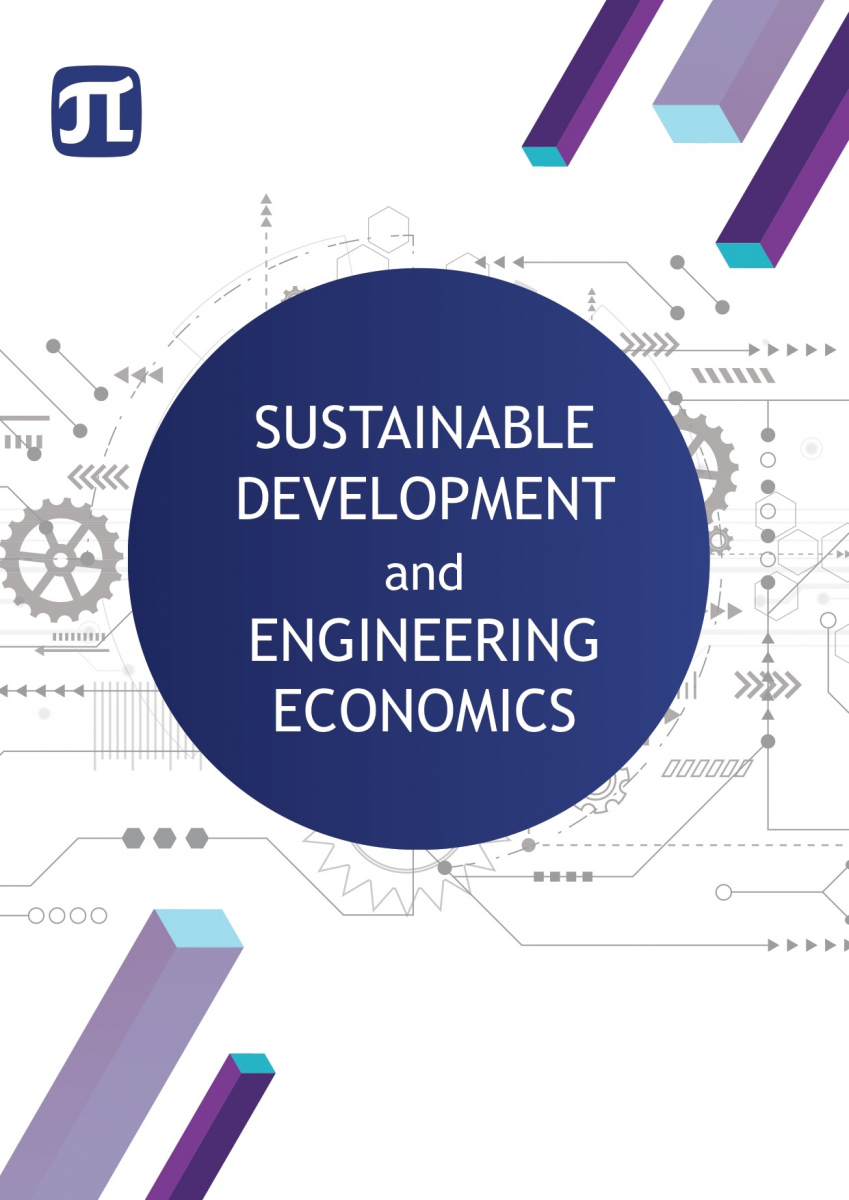VALIDATION OF FACTORS FOR ASSESSING THE DIGITAL POTENTIAL OF THE REGIONAL CONSTRUCTION COMPLEX AS A BASIS FOR SUSTAINABLE DEVELOPMENT
It seems promising and relevant to consider digital processes of industries and complexes in the context of the digital transformation of a region, which encourages the region’s sustainable development. Due to the digitalisation of the construction complex of a region we can evaluate the digital infrastructure development at the design and production stage (i.e. from the design documentation to the commissioning of facilities). The basis for the digitalisation of the construction complex is BIM technologies, which should be transferred from the micro level to the meso level (the level of a municipality or region) and later to the macro level (the level of the entire country). The study aimed to analyse and estimate groups of quantitative factors that characterise the digital potential of the construction complex. The research methods included quantitative and qualitative analysis. A comparative analysis of factors (i.e. indexes and rankings) was performed, and the groups of factors were ranked to determine whether regions are ready to digitalise the construction complex. This was done in accordance with expert assessments based on the results of a survey. The study compared the previously identified quantitative and qualitative factors with each other in order to eliminate duplication of the components of the qualitative factors, such as indices and ratings. Consequently, a necessary and sufficient sample of the factors was formed. This sample can be further used to correctly rank the degree to which Russian regions are prepared to digitalise the construction complex. To rank the factors to measure their importance and significance, the survey was conducted by groups: 1) socio-economic conditions for industry digitalisation; 2) development of science and innovation in the regions; 3) development of the construction complex in the regions; and 4) development of digital technologies in the regions. Based on the survey, the selected factors were ranked, particularly by groups. The results of this study can be used to refine the ranking of the regions’ degree of readiness for the digitalisation of the construction complex as well as to determine the effectiveness of the ranking.


